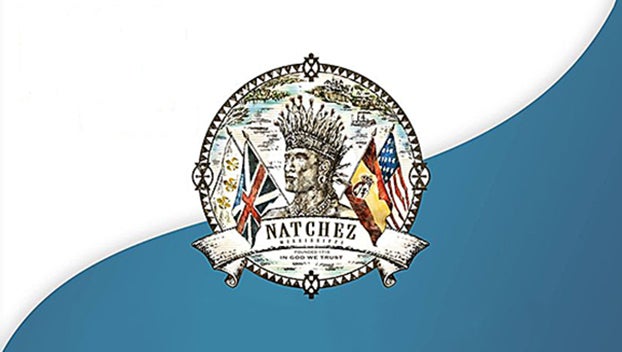Japanese Court Sentences Fund Manager
Published 12:00 am Monday, December 26, 2005
TOKYO – A Japanese court sentenced a high-profile fund manager to two years in prison Thursday for insider trading, in a case grabbing intense attention in a nation struggling to regulate takeovers and startups.
Presiding judge Kunihiko Koma also hit Yoshiaki Murakami, former head of MAC Asset Management, with a 3 million yen ($24,600) fine and an additional penalty of about 1.15 billion yen ($9 million).
Murakami, 47, who had pleaded innocent throughout the trial, sighed and closed his eyes as the verdict was handed down.
Prosecutors had demanded three years in prison and a fine of more than 1 billion yen ($8 million), alleging Murakami violated securities laws in buying up a large stake in Nippon Broadcasting Systems Inc. after he knew startup Livedoor Co. was planning to take over the radio broadcaster.
Murakami has acknowledged talking with Livedoor founder and president, Takafumi Horie, who was found guilty of securities laws violations in a separate trial. But Murakami denied he bought Nippon Broadcasting shares with any knowledge of Livedoor’s intentions.
Prosecutors have said MAC took in about 3 billion yen ($25 million) in profit from the scheme as Nippon Broadcasting shares soared on reports of a takeover.
Murakami’s trial, which began in November, has drawn widespread media attention here as a symbol of a new kind of aggressive entrepreneurship in Japan. A former government bureaucrat, Murakami was glib about his ambitions to make money and his defiance of old-fashioned business practices.
Japan, a nation that modernized through tight networking among established companies, tends to frown upon get-rich-quick schemes and fosters docile conformist “salarymen.”
Takeovers are increasing in Japan, but companies have recently started to come up with takeover defense measures. The rules regulating takeovers and stock trading aren’t as clearly defined as they are in the U.S. and other nations where mergers and acquisitions have been common for decades.
Key to Murakami’s case was a 2004 meeting between Livedoor and MAC officials, in which both sides allegedly talked about how they could work together on the takeover.
Horie, who was also a media idol before his arrest last year, was convicted in March of securities laws violations in falsifying earnings and sentenced to 2 1/2 years in prison _ in what some saw as unusually harsh punishment here for a white-collar crime.
Horie has asserted his innocence and is appealing the verdict.
Horie testified for Murakami’s defense, saying he didn’t think of the takeover until much later. But other former Livedoor officials testified for the prosecutors.
Hours before his arrest in June last year, Murakami acknowledged he had engaged in insider trading, holding a news conference that was on nationally televised news.
But when his trial opened, he retracted that and said he had merely acknowledged guilt to avoid troubles for others. Murakami’s fund came under scrutiny when authorities were investigating Livedoor.
A service of the Associated Press(AP)






